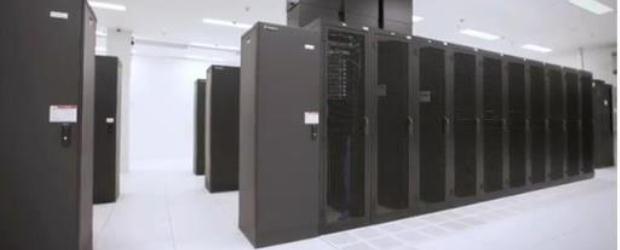Hewlett Packard has come up with a new addition to the “as-a-service” trend sweeping the enterprise. The company rolled out a service it calls FaaS, or facilities-as-a-service.
Building you own data centre could run up a tab of around $60 million, which is why many organizations opt for less costly alternatives such as outsourced cloud-based services or colocation facilities. The downside of course if that you lose a certain amount of flexibility over facility design and IT control.

HP says it has come up with a way that allows companies to enjoy the best of both the owner-built and outsourced worlds.
According to HP, FaaS is an entirely new way of building a data centre. Under the new model, HP will build a complete data centre for a customer according to that customer’s specs.
The company says it is taking a modular approach wherein HP will provide data centre elements such as power systems, coding plants, data halls, distribution, fire protection and monitoring systems and whatever the customer wants, when the customer needs it.
“Facilities-as-a-Service takes best of the hosted model but still provides the advantages of the owner-operated model,” according to Rick Einhorn, president of worldwide data centre consulting for HP.
He said FaaS is an alternative to owner-operated, outsourced or colocated data centres because it “includes the cost of building a new data centre with a typical five-year rolling maintenance service agreement.” Future data centre expansion takes into account the customer’s current and future needs and financial capability.
“Service matches future data centre planning with future revenue or IT growth,” said Einhorn. “The customer maintains the position of an operator and remains in total control of IT, not like in a colocation.”
Other issues addressed by the FaaS model are:
- Future proofing – Some structures built for a 15 to 20 year planning vision tend to struggle adopting to business changes
- Lengthy construction cycles
- Operating expenses, particularly energy costs
- Design flexibility and IT load limits
- Limited utility-based capacity
At least one analyst said that HP new offering will catch on with some organizations in the market for a data centre.
The new approach presents a more flexible way of paying for a data centre by turning a capital expense into an operational expense, said Sophia Vargas, analyst for research firm Forrester, in an interview with Computerworld.com.
However, she said it is not yet clear how the cost will work out, although such a calculation should include an assessment of risk associated with constructing a data centre.








